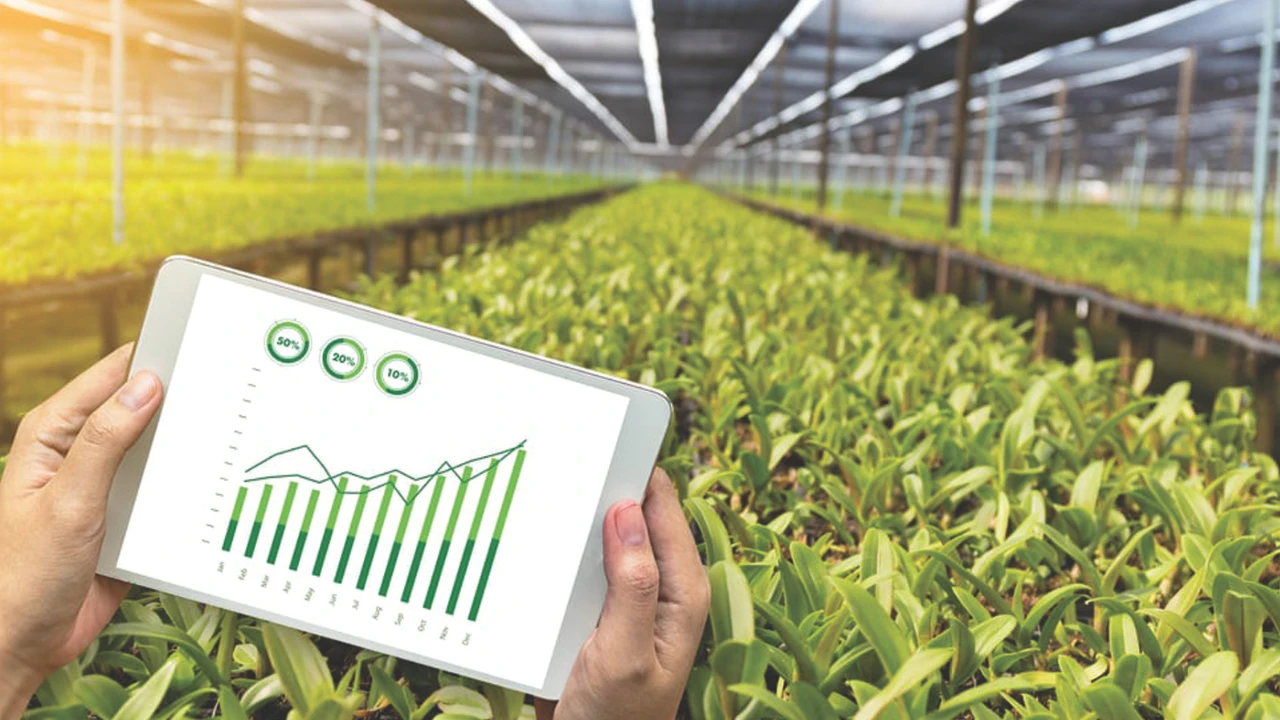
Agriculture is the lifeblood of Ethiopia. With more than 70% of the population dependent on farming, the sector is not just a means of livelihood—it’s the foundation of the country’s economy. Despite this, farmers in Ethiopia face persistent issues: price manipulation, limited access to markets, lack of transparency in supply chains, and post-harvest losses due to poor coordination. Enter blockchain technology—a digital ledger that has the potential to revolutionize how agricultural products are tracked, priced, and sold in Ethiopia.
This blog explores how blockchain can localize solutions for Ethiopia’s agricultural challenges by increasing transparency, improving trust, and building decentralized systems that empower farmers directly.
At its core, blockchain is a decentralized digital ledger—imagine it as a transparent notebook where every transaction is recorded permanently and cannot be erased. This ledger is shared across a network, so no single person controls it. Everyone sees the same records, which builds trust.
For example, in a blockchain-based agriculture system, every step in the value chain—from the moment a tomato is harvested in Bahir Dar to when it’s sold at Merkato in Addis Ababa—is recorded and visible. This includes who handled the produce, when, at what cost, and under what conditions. These records cannot be changed, which prevents tampering and fraud.
Let’s consider Mulu, a tomato farmer in the Amhara region. Every year, she harvests tons of tomatoes but struggles to get fair prices due to middlemen manipulating prices or failing to pay on time. There’s no transparency—she doesn’t know what happens to her tomatoes once they leave her farm.
With a blockchain-based supply chain platform:
Mulu logs her harvest details into the system via a simple mobile app or SMS interface.
The transport company also logs pickup times, conditions, and delivery info.
At every step—wholesale, retail—transactions are recorded on the blockchain.
When the tomatoes are sold at Merkato, Mulu can see the final price and the entire chain of custody.
This visibility ensures Mulu knows her product’s journey and value. If a middleman tries to misreport, the blockchain record contradicts them. Trust is restored between farmers and buyers.
Farmers often accept whatever price middlemen offer, unaware of market dynamics. With blockchain, market prices and real-time demand data can be shared with farmers through mobile tools, helping them negotiate better.
From origin to shelf, consumers and wholesalers can verify where the product came from, reducing food fraud and ensuring quality standards. This is critical for export crops like coffee, teff, and sesame.
NGOs or cooperatives can use blockchain to certify whether farmers are using sustainable and fair practices. This record boosts international buyers’ trust in Ethiopian produce.
Using blockchain records of production and sales, farmers can prove their income and receive microloans from decentralized financial systems or local cooperatives, skipping the red tape of traditional banks.
Many rural areas lack stable internet, electricity, and smartphones. While blockchain can operate with low-tech tools like SMS or USSD, broader investment in rural connectivity is essential.
Blockchain is still a new concept in Ethiopia. Farmers and even agricultural officers may not understand how it works or its benefits. Awareness campaigns and localized training are critical.
Blockchain systems challenge the status quo. Cooperatives, government offices, and private logistics players may resist new systems that disrupt their current (and sometimes opaque) practices.
Start small. The government or NGOs could pilot blockchain systems in high-value chains like coffee or livestock, where there’s already interest from international buyers and NGOs.
Ethiopian Commodity Exchange (ECX) could integrate blockchain into its operations, providing even greater transparency in national trade. Blockchain could record every auction and transaction in a tamper-proof way.
Government bodies like the Ministry of Agriculture and Ministry of Innovation & Technology could partner with tech startups and international blockchain experts to develop localized platforms.
To ensure usability, blockchain platforms must support Amharic, Oromiffa, Tigrigna, and other languages, with voice-based interfaces for illiterate users.
Imagine an Ethiopia where:
Farmers directly negotiate with supermarkets.
Middlemen are transparent or eliminated.
Exporters can instantly prove quality standards to foreign markets.
Food fraud is nearly impossible.
Agricultural finance is accessible to all through blockchain-based credit scoring.
This isn’t a far-off dream—it’s achievable with phased investment, public-private cooperation, and grassroots education.
Blockchain is not a silver bullet, but it can serve as a powerful tool to solve some of Ethiopia’s most pressing agricultural challenges. By empowering farmers with transparent, trustworthy systems, Ethiopia can build an agricultural economy that is fair, efficient, and future-ready.
It’s time to shift from the old ways of mistrust and inefficiency. The future of Ethiopian agriculture lies not just in better seeds or tools—but in better systems. Blockchain offers just that.
Your email address will not be published. Required fields are marked *
0 Comments